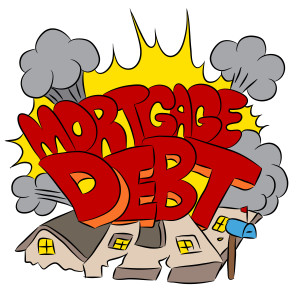Special to the Financial Independence Hub
If you’re busy raising kids and supporting your parents too, you’re not alone. Statistics Canada reports that over 700,000 Canadians aged 45 to 64 are splitting their time and money caring for their children and parents. If you belong to this sandwich generation, it can be a difficult balancing act.
Everyone’s circumstances are different and your priorities will reflect that. Maybe you have a young family, a mortgage and parents nearby who require occasional assistance. You might be saving for your children’s education, paying down debt and setting aside a few hours each week to help your parents.
Or, perhaps you’re close to being debt-free, but have parents living far away with little saved and have just had an adult child move back in. You’ll likely be directing some of your income to parental care and asking your child to chip in at home.
Whatever your situation is, planning ahead can go a long way to easing emotional and financial strain.
Helping out your parents
Understanding your parents’ needs and resources is the first step to managing a sandwich situation. Here are some topics to explore with them:
Financial inventory
Gain an understanding of your parents’ assets, income sources, living expenses and debts. If they have pension income, substantial home equity and are otherwise debt-free, the options might be quite different than if you have to support them financially. Also, know where important documents are kept so you can access them if necessary.
Living arrangements
Some people look forward to downsizing when they retire, while others want to stay put. Either way, there are ways to unlock home equity to fund living and care expenses, or invest for income. Continue Reading…





